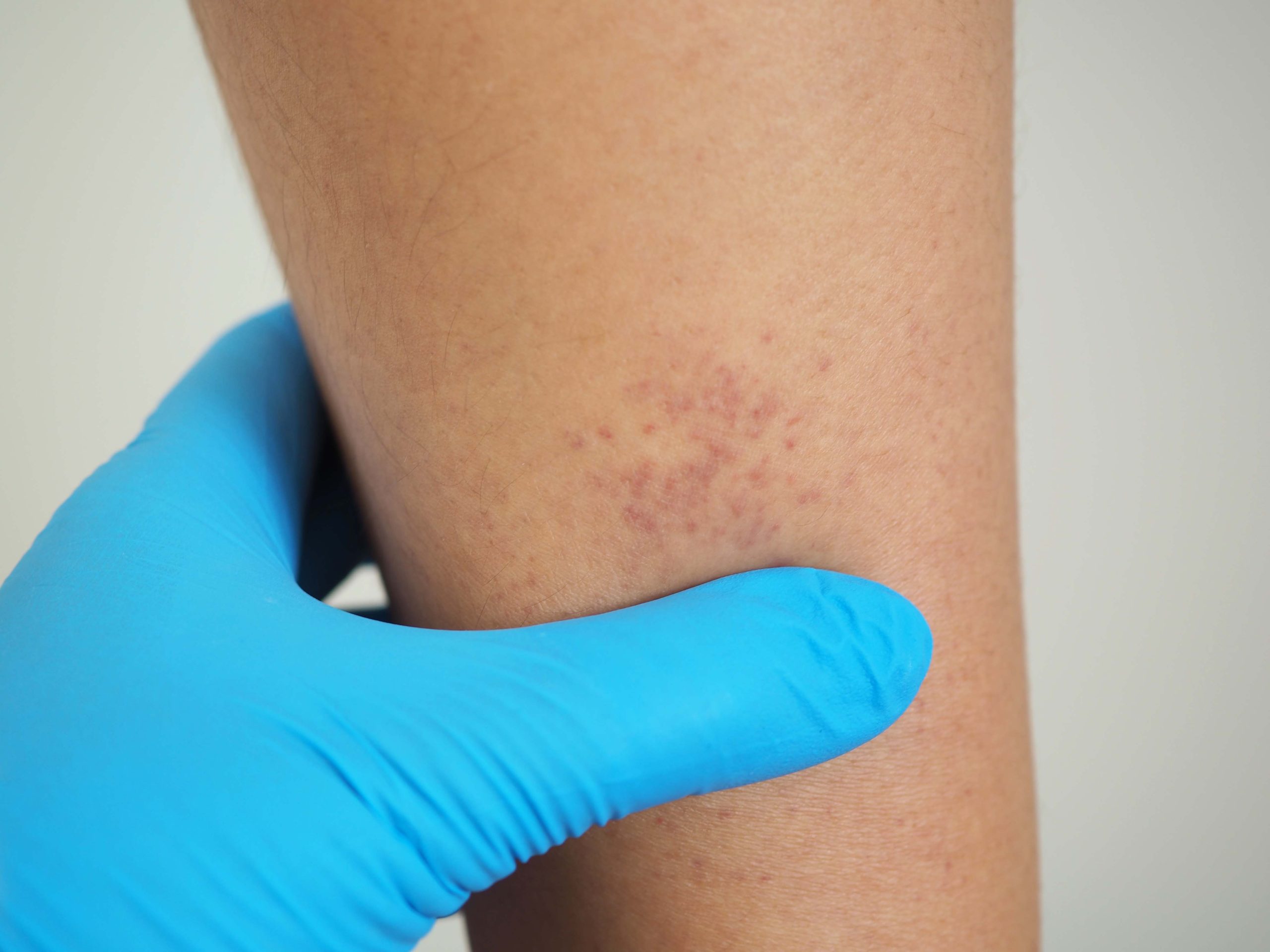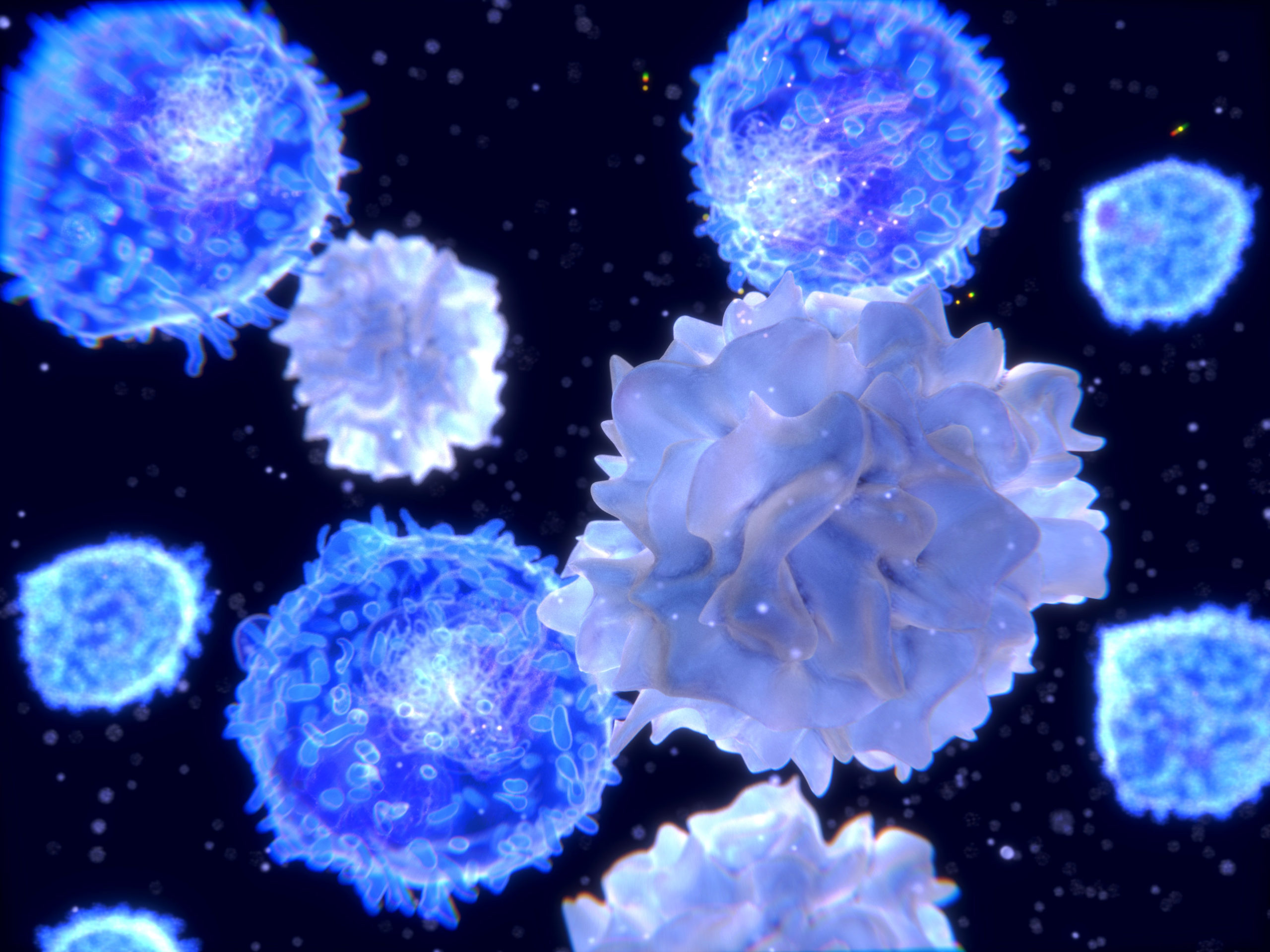
Gut microbiota modulates bleeding risk in pediatric patients with immune thrombocytopenia (ITP), according to a prospective cohort study presented at the 66th American Society of Hematology Annual Meeting & Exposition.
“Immune thrombocytopenia (ITP) may cause clinically significant bleeding episodes that can adversely affect a patient’s quality of life. The gut microbiome plays a critical role in host immune system education and response in both healthy and diseased states,” wrote lead author Shelly Saini, MD, of the University of Texas Southwestern Medical Center, and colleagues.
The researchers analyzed stool and blood samples from 30 pediatric patients with platelet levels of ≤30,000/μL at diagnosis. Using the Buchanan-Adix bleeding score, patients were divided into two groups: mild bleeding phenotype (defined as having a score ≤3a; n=11) or moderate-severe bleeding phenotype (defined as having a score ≥3b; n=19). The researchers noted that there were no differences in median platelet count between the mild and moderate-severe groups (6,000/μL vs 4,000/μL, respectively; P>.05).
The researchers compared microbial diversity, microbial abundance, and cytokine levels between the two groups. The bacterial families Erysipelotrichaceae (linear discriminant analysis [LDA] score, 3.75), Ruminococaceae (LDA score, 3.16), and Oscillospiraceae (LDA score, 2.81), as assessed by LDA effect size, were significantly enriched in patients with the moderate-severe bleeding phenotype compared with patients with the mild bleeding phenotype. Meanwhile, patients who had the mild bleeding phenotype had increased Megamonas (LDA score, 4.33) and Fusobacterium (LDA score, 3.65) taxa compared with those who had the moderate-severe phenotype.
According to systemic cytokine profiling, the moderate-severe group had a significant increase in interleukin-1 receptor antagonist (IL-1ar) compared with the mild group (P=.0447). The researchers also observed a significant positive correlation between Ruminococcus gut microbiota and IL-1ar cytokine levels (P=.0865).
“This study provides novel insight into the altered composition of gut microbiota and cytokines in ITP patients with variable bleeding phenotype at similar platelet counts,” Dr. Saini and colleagues concluded.
Reference
Saini S, Koh AY, Zia A. Identifying gut microbiota and immune host factors associated with bleeding risk in children with immune thrombocytopenic purpura. Abstract #2551. Presented at the 66th American Society of Hematology Annual Meeting & Exposition; December 7-10, 2024; San Diego, California.







 © 2025 Mashup Media, LLC, a Formedics Property. All Rights Reserved.
© 2025 Mashup Media, LLC, a Formedics Property. All Rights Reserved.